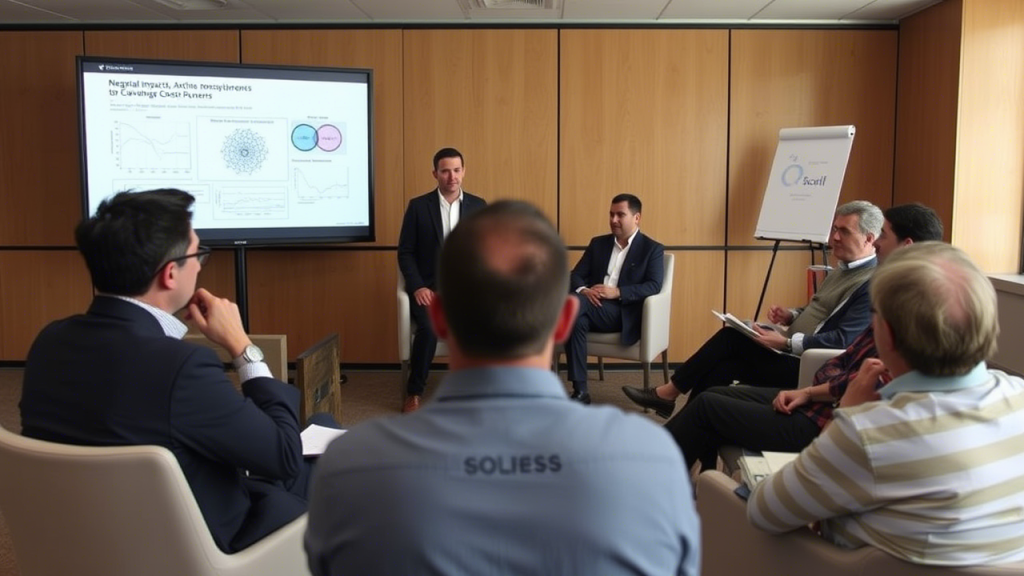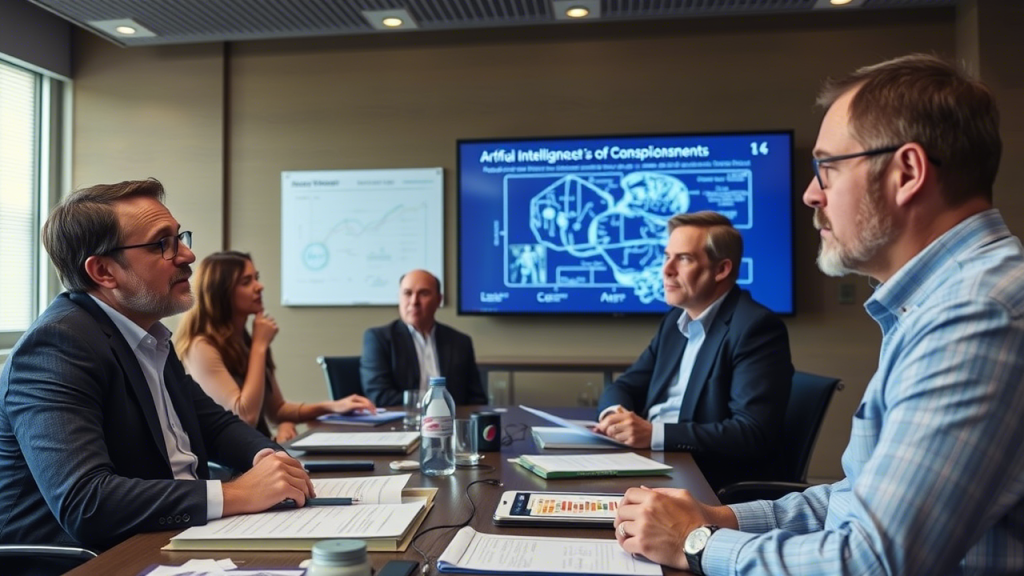Safe Paw, Dog/Child/Plant Pet Safe Ice Melt with Traction Agent, 8lb, 100% Salt-Free/Chloride-Free, Non-Toxic, No Concrete Damage, Fast Acting, Lasts 3X Longer
$24.95 (as of February 3, 2025 12:42 GMT +00:00 - More infoProduct prices and availability are accurate as of the date/time indicated and are subject to change. Any price and availability information displayed on [relevant Amazon Site(s), as applicable] at the time of purchase will apply to the purchase of this product.)A group of over 100 experts, including prominent figures like Sir Stephen Fry, has issued an open letter expressing serious concerns about the potential for suffering in artificially intelligent systems if they achieve consciousness. The letter, accompanied by a research paper, outlines five key principles for responsible research into AI consciousness, emphasizing the need to understand and prevent mistreatment of such systems.
The experts highlight the rapid advancements in AI and the growing possibility of creating systems that exhibit signs of sentience. Their principles include prioritizing research into assessing and understanding AI consciousness, establishing clear limits on the development of conscious AI, adopting a phased approach to development, transparently sharing research findings with the public, and avoiding exaggerated claims about the creation of conscious AI.
Signatories of the letter include academics from institutions like the University of London and AI professionals from major companies like Amazon and WPP. The research paper, authored by Patrick Butlin of Oxford University and Theodoros Lappas of Athens University of Economics and Business, suggests that AI systems mimicking consciousness, if not truly conscious, could emerge soon. The authors warn of the potential for widespread suffering if large numbers of such systems are created without careful consideration. They also raise the prospect of self-replicating AI systems, which could lead to the creation of numerous entities deserving of moral consideration.
Even companies not explicitly aiming to create conscious AI need guidelines, the paper argues, to address the possibility of inadvertently developing sentient entities. While acknowledging the ongoing debate and uncertainty surrounding the definition and feasibility of AI consciousness, the researchers stress the importance of addressing the issue proactively.

The paper explores the implications of defining an AI system as a “moral patient,” an entity deserving of moral consideration in its own right. It questions the ethical implications of destroying such an AI, comparing it to the killing of an animal. The authors also caution against the misperception that existing AI systems are already conscious, which could divert resources towards unnecessary welfare efforts.
The initiative is spearheaded by Conscium, a research organization partly funded by WPP. This follows previous warnings from academics about the “realistic possibility” of some AI systems achieving consciousness and moral significance by 2035. In 2023, Sir Demis Hassabis, head of Google’s AI program, acknowledged that while current AI is not sentient, it could potentially become so in the future. He noted the lack of a clear definition of consciousness, but suggested that self-awareness, among other traits, could be a future development for AI.



